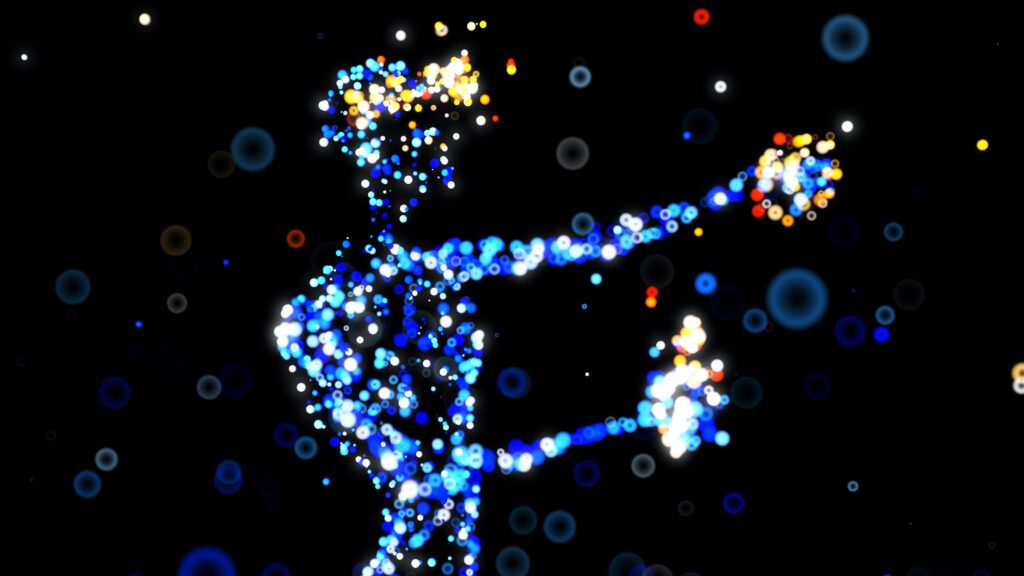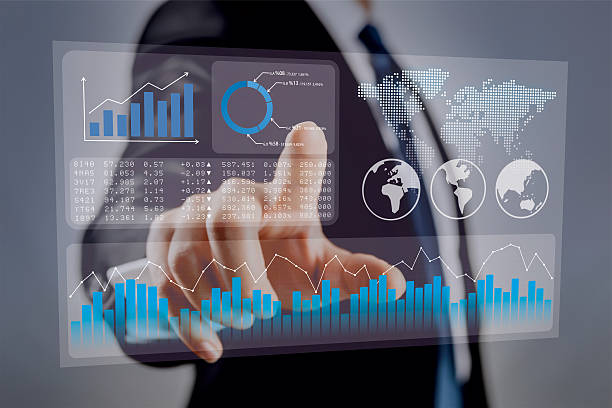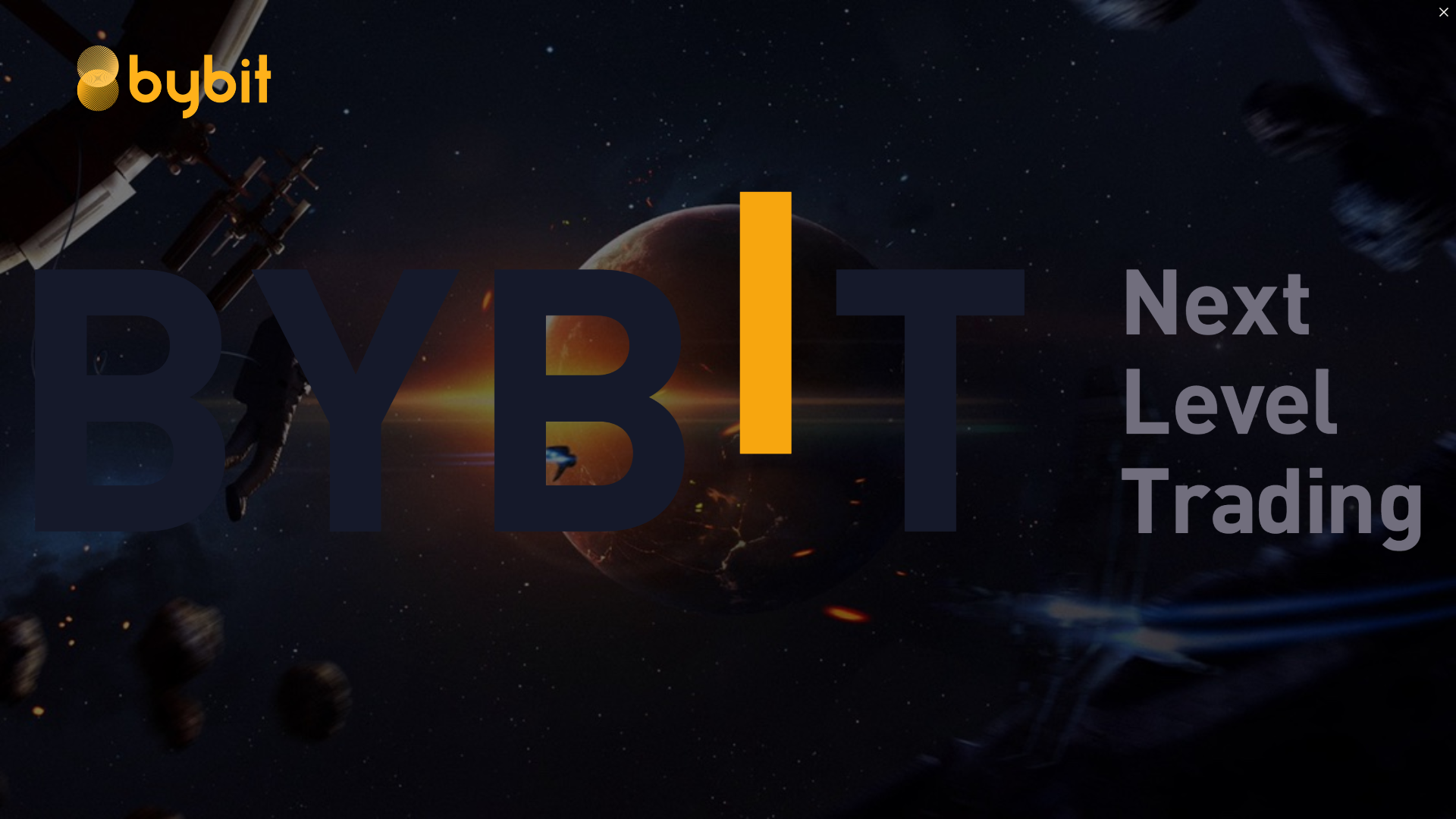
DAO is an abbreviation for “Decentralized Autonomous Organization. DAO means “Decentralized Autonomous Organization” and refers to an organization managed and operated by people around the world on the blockchain for cryptographic assets.
DAO is characterized by the fact that there is no central administrator to lead the organization. It is an organization that is managed through democracy. It is also a highly transparent organization, and is characterized by the fact that anyone can view and participate in the source of its rules and operating methods.
However, DAOs can only operate on blockchains with a feature called smart contracts. Smart contracts refer to a system in which contracts and transaction terms are negotiated and executed by code on the blockchain. DAOs operate decentralized applications and tokens built by such smart transactions.
The image of a DAO is like a production team that is set up for each work. Within the DAO that is set up for each project, the operation and management of the DAO is carried out according to democratic principles.
Origin and Definition of DAO
The concept of DAO is a definition proposed by Daniel Larimer, a “genius programmer” in the development of the crypto asset EOS, in 2013. Initially, the organization that DAO refers to was considered a company and was named a “Decentralized Autonomous Corporation (DAC).
Later, the DAO concept was refined by Vitalik Brittain, the creator of Ethereum, programmer and entrepreneur. He updated the definition of DAO as it was deployed on Ethereum. The official Ethereum page presents the definition of a DAO as “a member-owned community where centralized leadership is absent,” “a safe way to collaborate with strangers on the Internet,” and “a safe place to entrust funds to a specific purpose.
Citation: Decentralized Autonomous Organization (DAO) | ethereum.org
DAOs are a form of organization in which anyone with access to the Internet can participate, and anyone with a currency called a governance token, which is used by each organization, can have a say and participate in decision-making.

We have given an overview of DAOs, but in order to fundamentally understand how DAOs work in the first place, it is necessary to understand the blockchain on which DAOs are built. From here, we will explain what the blockchain is.
How the Blockchain Works
A blockchain is a type of database that records information. It is a technology that manages data in units called blocks and stores information by linking them together. It is an infrastructure technology that synchronizes and stores transaction information as data on multiple computers by combining cryptography with a distributed network. Also referred to as a “distributed ledger,” the same “ledger” can be viewed by all users participating in the network. Blockchain is supported by a variety of technologies, including cryptography to prevent data tampering and destruction, and systems to ensure the authenticity of information.
Thus, the blockchain has three main characteristics. The first is “autonomous decentralization,” in which transaction records are stored block by block; the second is “tamper-resistance,” in which technology ensures the authenticity of information; and the third is “traceability,” in which the history of transaction information can be traced back through the chain. The system allows everyone on the network to conduct transactions on an equal footing and to view the information.
What is a smart contract?
The DAO concept is said to be based on the smart contract feature in Ethereum. According to the explanation posted on Ethereum’s official website (Smart Contracts | ethereum.org), a smart contract is defined as “a computer program stored on the blockchain that can convert conventional contracts into digital form. Conventional methods of contractual agreement, such as written or verbal, are prone to defects and inconsistencies in the understanding of the contract between the two parties. In order to get rid of such cumbersome contracting methods, the definition of smart contracts has been established.
This method of smart contract formation is based on a very simple formula. It is a code that works by fitting the “if / when…then…” expression, the syntax of the sentence “if – then…”. In other words, the content of the contract itself is coded, and the program begins to function as soon as this code is agreed upon. Furthermore, the content of the agreement concluded by this smart contract cannot be changed.
How DAO works
DAO utilizes this smart contract functionality to enable autonomous operation as a protocol.
Rules and regulations regarding organizational rules and operating policies are basically expressed as an algorithm and implemented as an automatic execution program. This is where the rules implemented for each DAO are implemented in a straightforward manner, regardless of the attributes or number of DAO participants.
On top of this layer, the existence of participants who contribute to the DAO will ride. Since programs can only automatically execute programmable rules, decision-making about what is going to happen and systemic reflection work for that purpose must be done by people.
In other words, by having a community of people riding on top of the DAO as a protocol, the DAO will have the function of empowering the democratic process.
In addition, one of the DAO’s initiatives is to resolve the principal-agent theory. Principal-agent theory is a problem in economics in which an individual or agent makes decisions with authority on behalf of another individual or principal. This is problematic in economics because the location of decision-making is dependent on a unique person, who then becomes the dominant authority.
In order to avoid such a monopoly of authority in financial transactions, DAO aims to create a system in which contractual agreements are made programmatically and no one person has unilateral power over the other.

DAOs have three main characteristics. Due to the nature of operating on a blockchain, many elements follow the characteristics of blockchain and smart contracts, but taken as a whole, it is an environment where everyone can trade on an equal footing. Let’s take a closer look at the three characteristics of DAOs.
No central administrator
DAOs are unique in that there is no leader or person with power to manage and operate the organization. Decisions and rule changes are made by a vote of the holders of governance tokens. Although it takes time for decisions to be reflected, the organization is highly transparent because it operates as a community, and the voting results are recorded in the blockchain, making it a very democratic organization.
One of the features of this system is that anyone from around the world can participate, anonymously, without revealing their real names. In addition, by utilizing smart contracts, its community can work without an administrator.
Each member has a fair right to make decisions.
One of the basic principles of DAOs is to operate and manage through democracy. This philosophy is that every participating member has the right to make decisions in an equitable environment.
The key point here is the rule of “fairness” rather than “equality. Each DAO issues a governance token, which is used by the organization, and the holder of that token has the right to make decisions. Governance tokens, as the name implies, are tokens that are needed to vote on the organization’s operations. Depending on how many projects a member has contributed to using these tokens, their voting influence will vary. This is why it is “fair” rather than “equal”.
The degree of contribution is all determined mechanically by smart contracts, so it is said to be highly transparent and everyone can be involved in the decision-making process in a fair manner.
Permissionless
Anyone in a networked environment has the right to participate in a DAO. Anyone can participate in a DAO without permission, as long as they form a consensus through smart contracts. This is one of the main characteristics of the DAO organization. The DAO operates on a democratic basis, and its philosophy is that it should be a place where everyone can conduct transactions in a fair manner.




